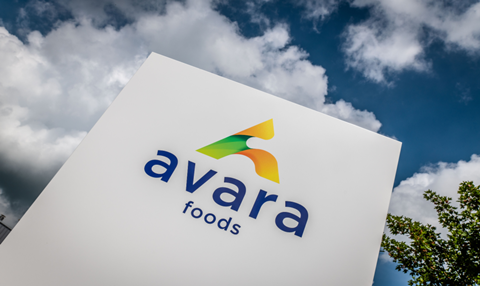UK poultry supplier Avara Foods has partnered with RenEco to utilise a 'greener' alternative to CO2, with poultry manure being used to generate energy and create commercial-grade CO2.

Moving away from traditional production methods, Avara has partnered with RenEco to "utilise a greener alternative and further develop a circular economy". Avara's CO2 supply from RenEco utilises poultry manure as a feedstock within its anaerobic digesters to create a host of products, including biofuel and CO2.
RenEco has used poultry manure alongside other feedstuffs to generate energy, as well as create commercial-grade CO2 and biofuel. It said that there is a "strong market for CO2" particularly within the food and drink sector, with Avara anticipating that by utilising a source that is close to home, the risk of shortages will be "a thing of the past".
Andrew Brodie, Avara’s director for people and sustainability, said: “Our experience over the last five years has shown that a well-designed sustainability agenda brings commercial opportunities and benefits - and this is just one example. CO2 is a critical resource in our business, so if there’s an opportunity to protect that supply, unlock value, all with a smaller logistics footprint, in a circular economy that uses our poultry manure, we’re going to take it.”
Back in 2021 Avara committed to meet Science Based Targets for carbon emission reduction and, since then, has reportedly consistently stayed ahead of its target trajectory. In 2021 its new packaging reduced the amount of plastic needed by up to 50%. These achievements have been "underpinned by robust, accurate and comprehensive data", said Avara.
William Wykes, RenEco director, said: "Identifying opportunities to extract value from waste and support circular economies are helping us accelerate the move away from fossil fuels. And it’s not just the CO2 that has green credentials - RenEco’s haulage fleet is amongst the first in the UK to run solely on bio-LNG produced in the same facility as the CO2.
"In fact, our new facility will produce enough bio-LNG for eight million fossil-free HGV miles. This shows that we need to change the way we think about waste, and recognise the value and opportunities it can bring.”















